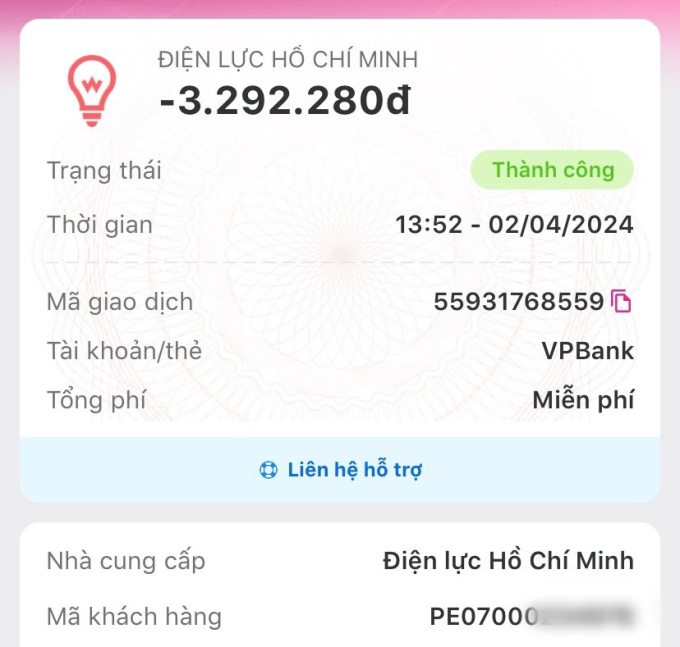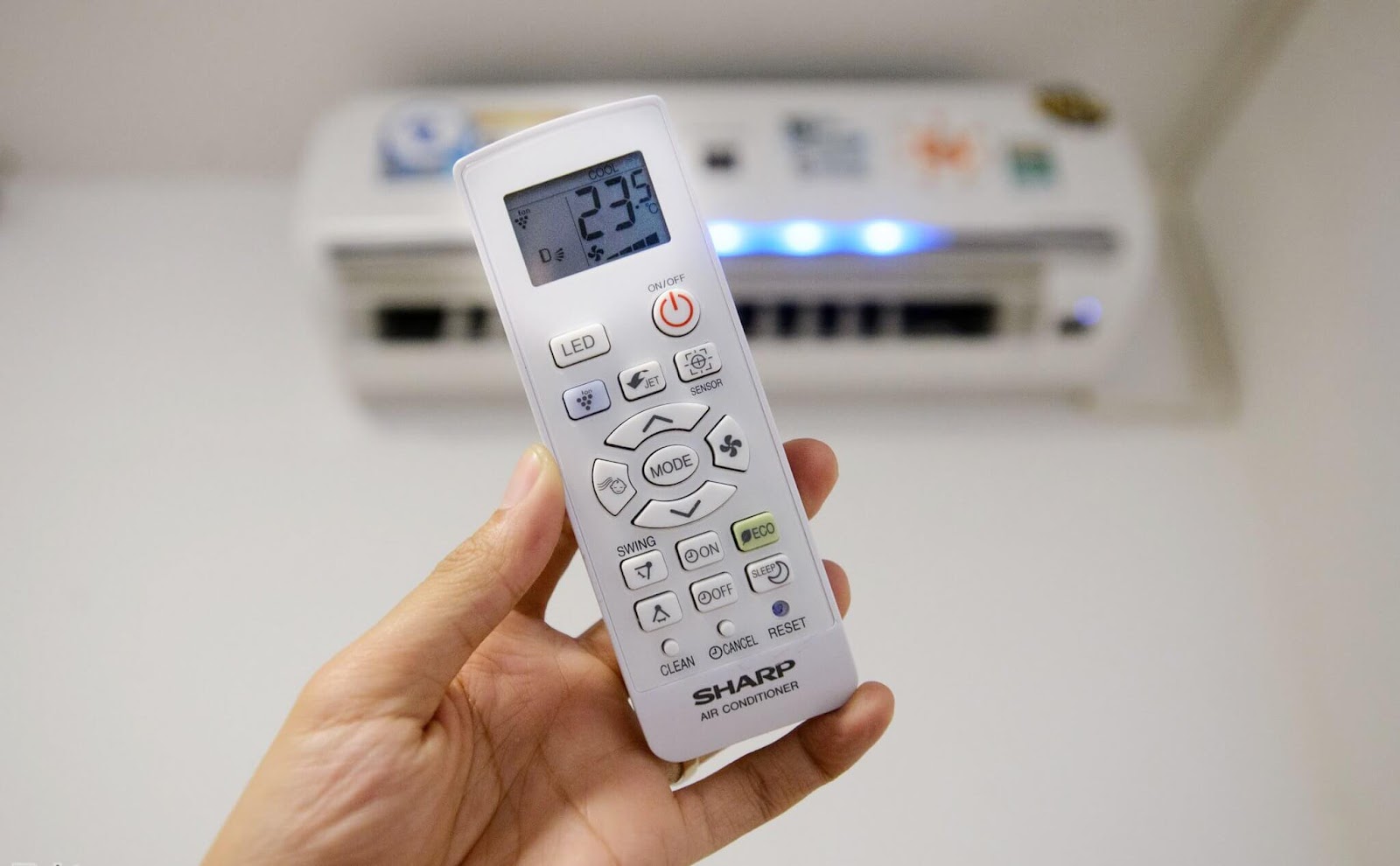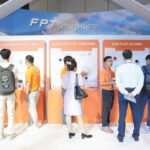The peak summer heat is causing a surge in residential electricity consumption, and many households are concerned about a sudden spike in their electricity bills. The use of cooling appliances, particularly air conditioners, is the main culprit behind this issue if not used smartly and efficiently.

High electricity bills are a concern for many, especially during hot weather (Illustrative image)
According to data from the Hanoi Power Corporation (EVNHANOI), since the beginning of April 2025, the electricity consumption of households has been rapidly increasing compared to previous months. EVNHANOI attributed this surge to the prolonged high outdoor temperatures, causing residents to use cooling appliances such as air conditioners and electric fans more frequently and for longer periods, especially during peak hours from 10:00 to 14:00 and 19:00 to 23:00. Additionally, using multiple high-power appliances simultaneously, such as induction cookers, washing machines, and water heaters, also contributes significantly to the increased electricity consumption.
Air conditioners are identified as the most electricity-intensive appliance during hot weather. They can account for 28% to 64%, and even up to 80%, of a household’s total electricity consumption, depending on the usage frequency and conditions.

The “culprit” behind the high electricity bills in many households
Notably, the outdoor temperature has a direct impact on the electricity consumption of air conditioners. For every 1°C increase in ambient temperature, air conditioner electricity consumption increases by about 2% to 3%. This means that if the temperature rises by 5°C, air conditioner electricity consumption can increase by approximately 10%. Due to this operating principle, air conditioners will work harder and consume significantly more electricity during extremely hot weather (35–40°C) compared to slightly more comfortable days (30–35°C).
In addition to outdoor temperature, the habit of setting air conditioner temperatures too low is another factor leading to electricity waste. For every 1°C decrease from the standard setting, the air conditioner consumes an additional 1.5% to 2% of electricity. Therefore, to save energy effectively, EVNHANOI recommends that residents set their air conditioner temperatures at 25°C or higher.
- Turn off unnecessary electrical appliances
- Avoid using high-power appliances during peak hours: 10:00–14:00 and 19:00–23:00 daily
- Do not use multiple electrical appliances simultaneously to reduce the risk of overloading the power grid and prevent fire accidents in electrical stations and residential areas
- Prioritize the use of energy-efficient appliances with energy labels (energy stars), switch to LED bulbs, and use inverter air conditioners…
Why Levy a Special Consumption Tax on Gasoline When Everyone Needs It?
Alongside gasoline, several members of the National Assembly’s Standing Committee have proposed removing the special consumption tax on regular-capacity air conditioners.
“From Grey to Green: Vietnam’s 20-Year Journey to an Eco-Friendly City”
Despite lagging behind other countries in the region, we boast a few shining examples of eco-friendly urban development. These green oases stand as a testament to our potential and offer a glimpse of a sustainable future. It is time to build upon these successes and create a greener, more prosperous nation.





















